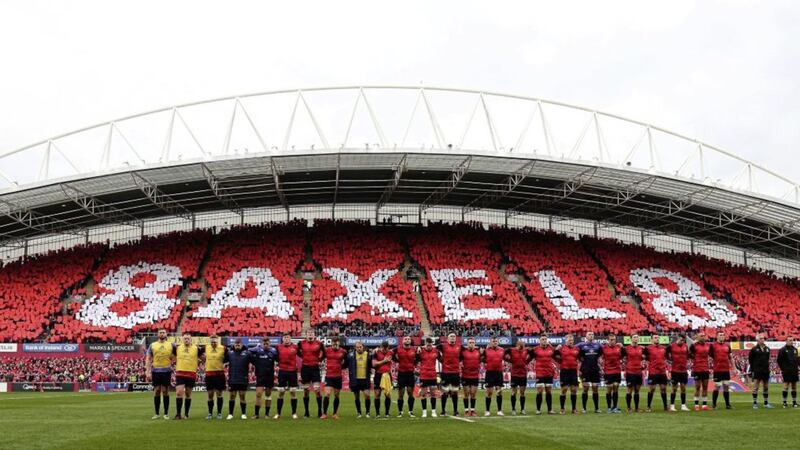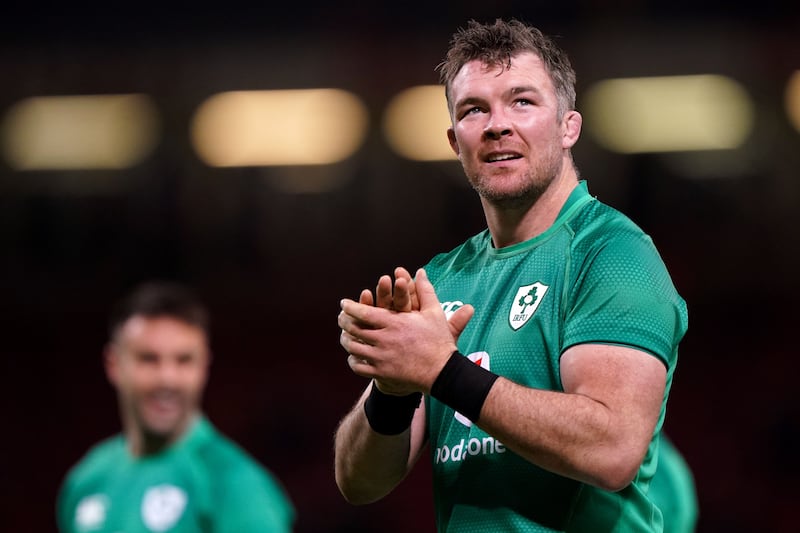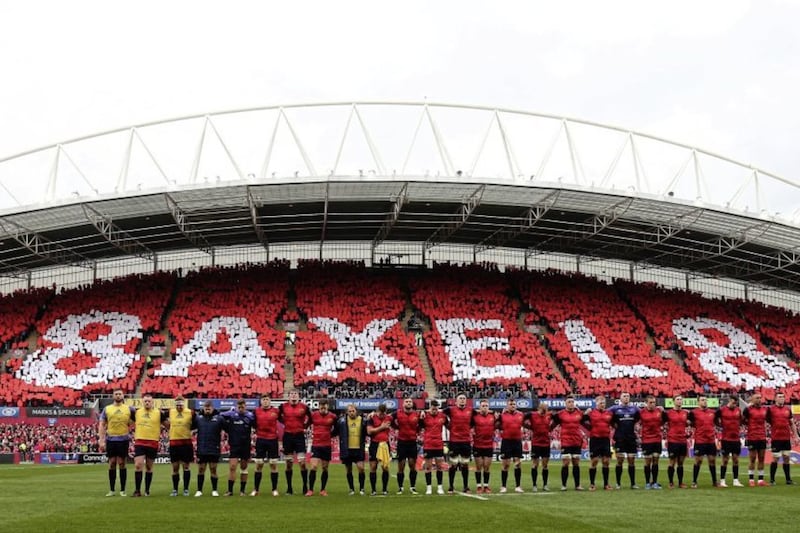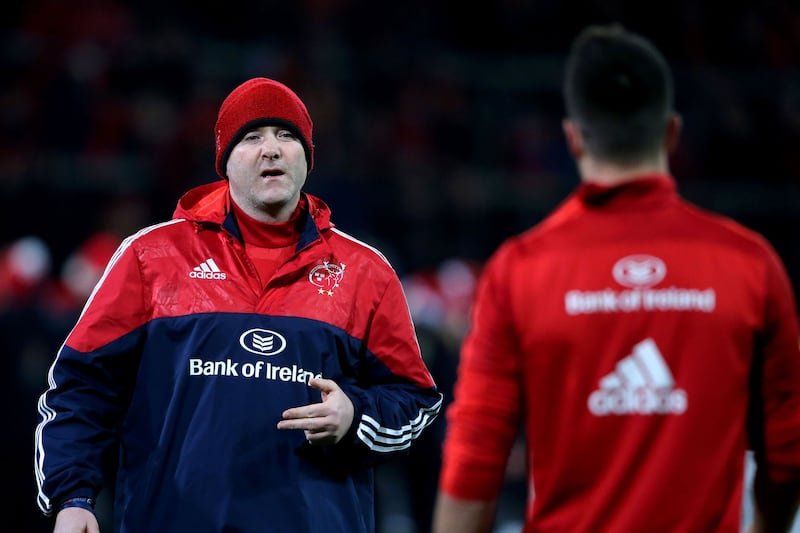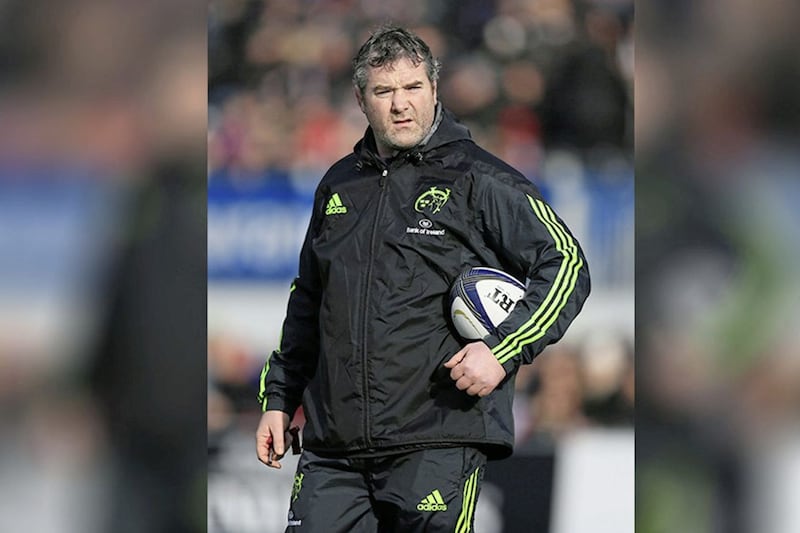Anthony Foley, Munsterman, RTE 1, Monday at 9.35pm
There’s something of the GAA about Munster rugby and it’s central to its success.
Munster is about parish, tribe and history.
Although its founding myths only began in 1978 with the defeat of the All-Blacks and continued through the 1992 defeat of Australia, but right up until the late 1990s you could count the attendance at Munster v Leinster matches in the dozens.
At that time Irish rugby revolved around club and country, with up to 10,000 people attending Limerick derbies but little interest in inter-provincial matches which without a meaningful competition were seen as national team trials.
The journey to the European Cup final in 2000 changed all that. Tens of thousands of Munster supporters travelled to the semi-final in Bordeaux that year and the newspapers were full of stories of fans who had spent their life savings to get to the south of France and two young lads who went by motorbike.
But as miraculous as the win over Toulouse was it was the heartbreak of losing the final which formed the bond between player and supporter.
Anthony Foley wasn’t the captain of that side but he was its heartbeat.
He wasn’t the quickest, fittest or hardest but he was a very clever footballer and an inspired leader.
He had a direct connection to the founding myth (his father Brendan played against New Zealand). He made his professional debut for Munster in their first ever European Cup game in 1995, captained them when they finally won the cup in 2006 and was appointed Munster coach in 2011.
There was devastation when he died in his sleep in a Paris hotel aged just 42 on the eve of another European Cup game.
On his first anniversary RTE broadcast this moving tribute, featuring his sisters and many of his former team mates.
There is a very odd Limerick fascination with light opera and former team manager Brian O’Brian selected Stand Up And Fight from Carmen Jones, based on Bizet’s opera Carmen, as the team anthem.
You’ve a heart of stone if you’re not moved by the rendition of the song in the middle of Thomond Park by the full squad and Munster staff accompanied by Foley’s two young sons at the first home game after his death.
Likewise the impromptu signing of There Is An Isle, the Shannon (Foley's club side) song as his hearse passed Thomond Park on the way home from Paris.
There have been better sports documentaries but none as emotional as this one.
“Stand up and fight until you hear the bell
Stand toe to toe, trade blow for blow
Keep punching until you make your punches tell, show that crowd what you know
Until you hear that final bell, that final bell, stand up and fight like hell”
****
Abortion on Trial, BBC 2, Monday at 9pm
Broadcaster Anne Robinson convened a panel of eight women and a single man at her home to discuss the 1967 abortion act amid her feeling that that pro-life movement is on the march in the US and Britain.
It appears the opposite is happening in Ireland, with a referendum next year in the Republic expected to repeal the Eighth Amendment and a movement towards the liberalisation of abortion laws in Northern Ireland.
Undoubtedly a contribution to an important debate, however, there were no revelations in Robinson’s programme just a reminder of the complexity of the arguments and the deeply held feelings on either side of one of the most difficult decisions faced by any legislature in a modern democracy.
